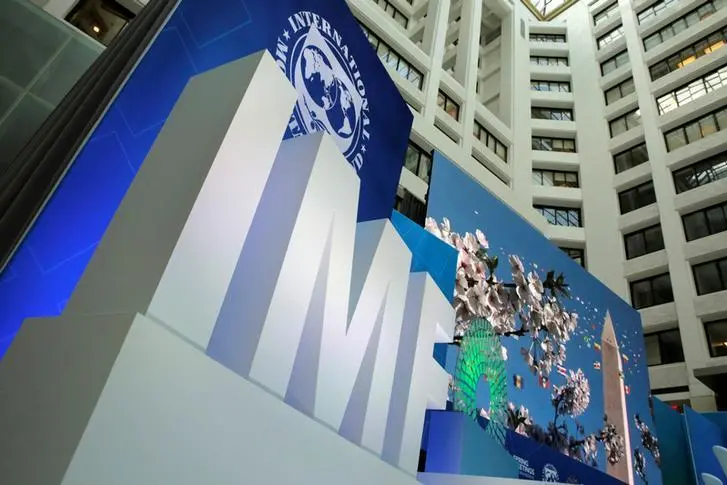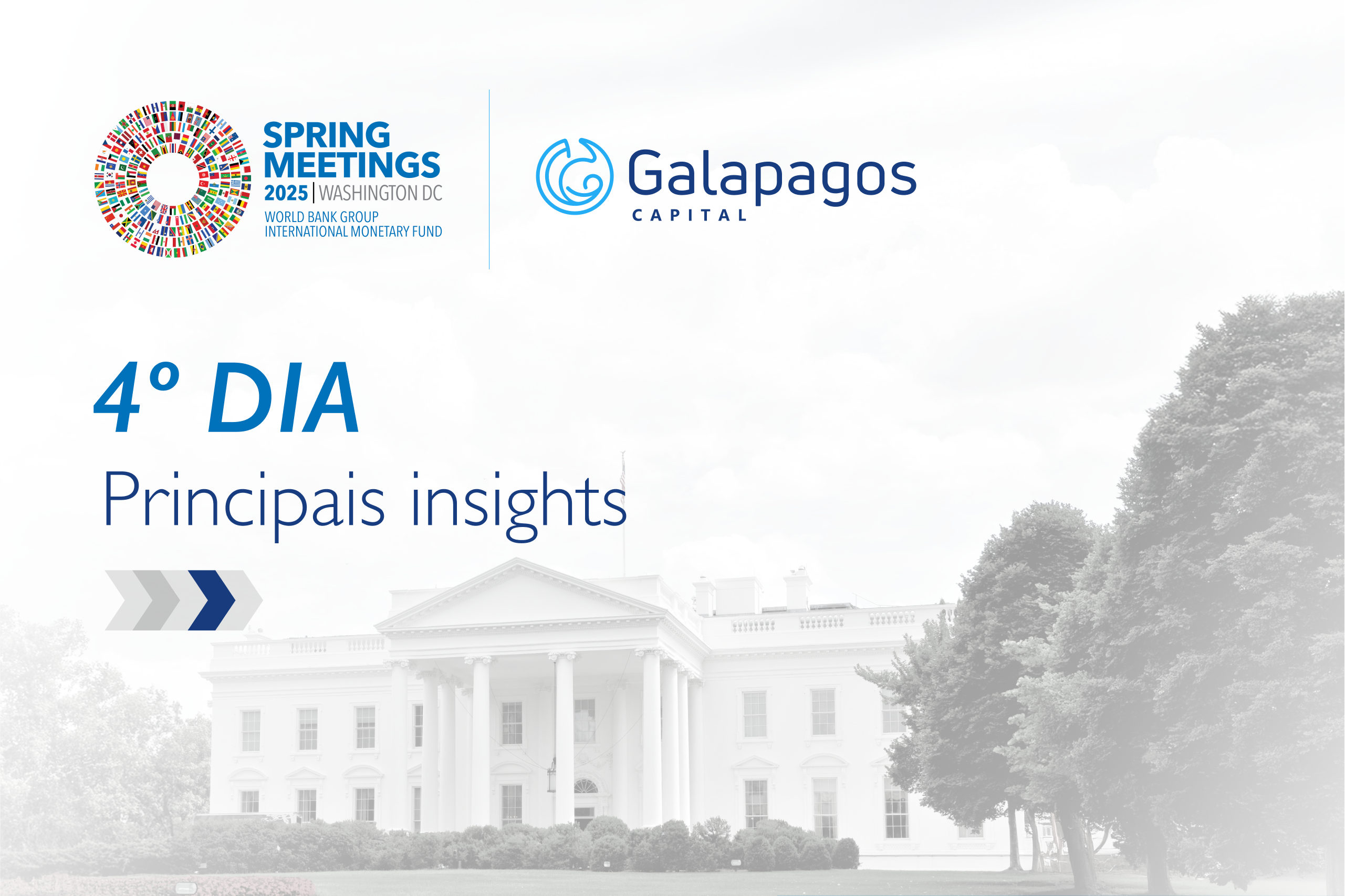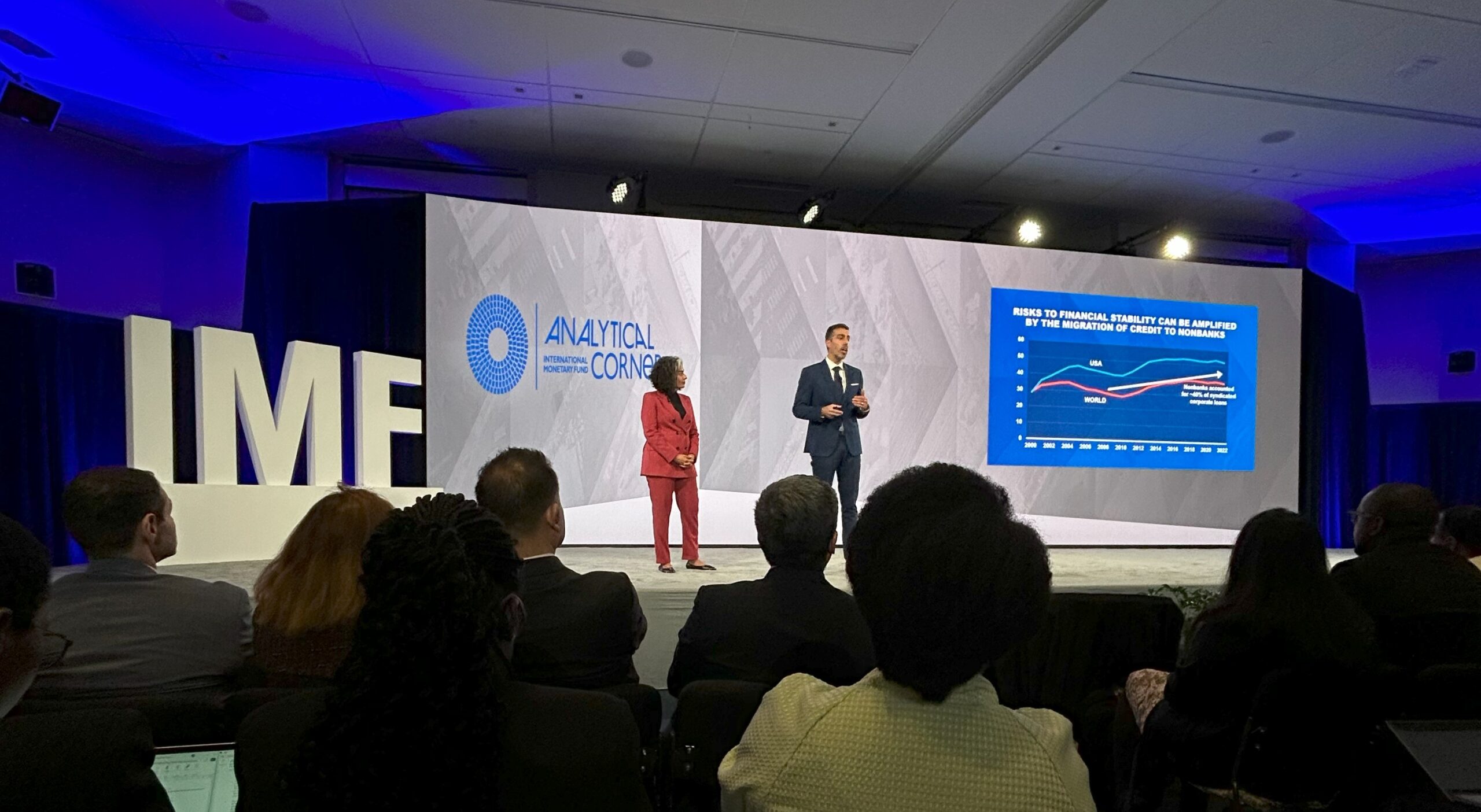Monetary policy in the era of tariff escalation, structural changes, and supply shocks represents the new environment faced by central banks globally.
In recent years, a series of events—including the pandemic, the energy crisis, wars, and new trade tariffs—has made the conduct of economic policy increasingly complex and challenging.
During the panel featuring experts such as Javier Bianchi (Federal Reserve Bank of Minneapolis), Kristin Forbes (MIT), Gediminas Simkus (Bank of Lithuania), and Axel Weber (Center for Financial Studies), it became clear that the initial response to inflation in 2021–2022 was delayed.
This delay was largely attributed to excessive reliance on inflation expectations, outdated modeling frameworks, and rigidities imposed by prior policies such as forward guidance.
Despite the lag, subsequent actions were effective: inflation receded without significant damage to economic activity.
However, price levels remained elevated, eroding purchasing power and increasingly influencing the political landscape across several regions.
Tariffs and Their Implications: U.S. vs Europe
The discussion emphasized the importance of adapting monetary policy to the nature of the shocks.
For the United States, the prevailing recommendation is to maintain elevated interest rates to safeguard inflation expectations, although Bianchi advocated for preventive rate cuts to avert a potential recession.
In Europe, by contrast, the tariff impact is more consistent with a demand shock, creating potential room for rate reductions without substantial inflationary risk.
New Pillars for Monetary Policy
Considering this evolving context, three elements emerge as essential for more effective monetary policy management:
- Agility: the ability to rapidly adapt instruments and strategies
- Discretionary Judgment: recognizing the limitations of traditional models and acting based on expertise and contextual factors
- Credibility: safeguarding institutional independence and maintaining a clear focus on price stability
Key Takeaway
Experts caution that monetary policy alone will not be sufficient.
Coordination with fiscal policy will be crucial, particularly in Europe, where the European Central Bank has borne an excessive share of the macroeconomic burden in recent years.
In an environment of persistent shocks and structural transformations, flexibility, contextual analysis, and interinstitutional coordination will differentiate the economies best positioned to navigate this new cycle with greater stability.
Want to receive the next insights directly in your inbox? Click here (Spring Meetings) and sign up on our landing page to receive all real-time updates.Produced by Tatiana Pinheiro, Chief Economist at Galapagos Capital.













